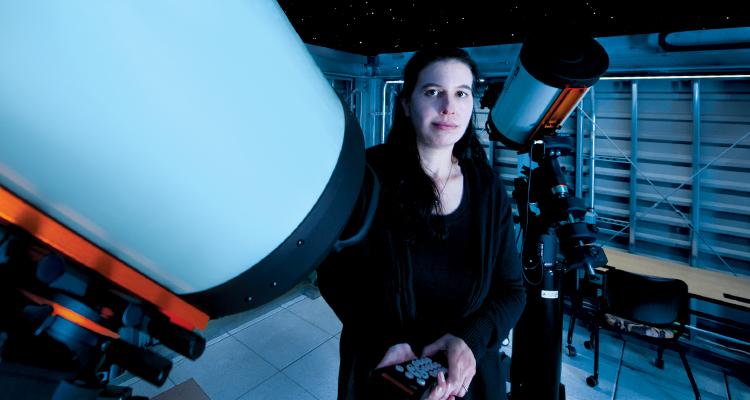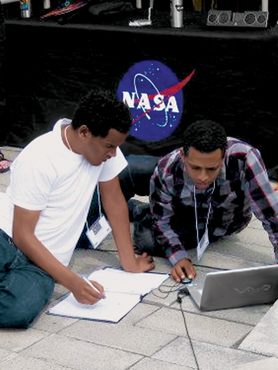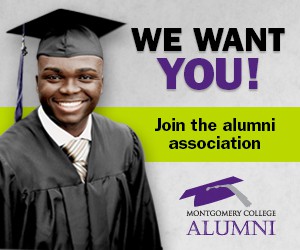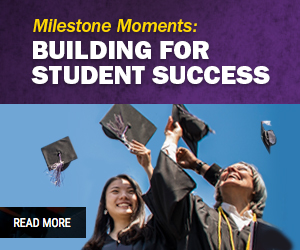Stellar Observations

Photo: Sanjay Suchak
Budding scientists, amateur astronomers, and students who need a lab science for transfer annually turn to Montgomery College’s vast resources for teaching astronomy. This includes the only planetarium in the Washington area at which students can take a class, as well as a brand-new observatory boasting two, 14-inch telescopes on a rolling roof structure and piers for three more. Moreover, students at the Science Center on the Rockville Campus can observe what the telescopes are doing via smart stations in the classrooms.
“For a two-year college, we have some very sophisticated equipment,” said Fitzgerald, who earned a PhD at University of North Carolina at Chapel Hill. She began teaching here shortly before the 2010 opening of the innovative, science laboratory facility. Fitzgerald enjoys teaching a diverse group of students in the classroom, and she shares that passion for teaching at public nights for astronomy enthusiasts. “We hosted nearly 150 people at the transit of Venus event,” she said. When a cloudy forecast threatened to cancel the event, Fitzgerald enlisted the help of the College’s IT department to set up a web feed of the event in the campus’s Theatre Arts Building.

Photo: Courtesy Carrie Fitzgerald
Equally devoted to teaching, Williams, director of the planetarium for more than 20 years, hosts all comers, from hundreds of school-aged children to senior citizens. With adjunct faculty status, the PhD from Louisiana State University also teaches one class a semester and often one online section.
Drs. Williams and Fitzgerald believe the College’s astronomy facilities rival those at four-year schools. “We encourage the public to participate in our events. We want them to see what great opportunities are right in their backyards,” said Fitzgerald, who hopes participants in the free events will encourage relatives, friends, and neighbors to take a class. Perhaps Williams captured the sentiment best: “I wholeheartedly believe in putting the ‘community’ in community college.”
—Jill Fitzgerald
This article first appeared in the fall 2012 issue of Insights.


